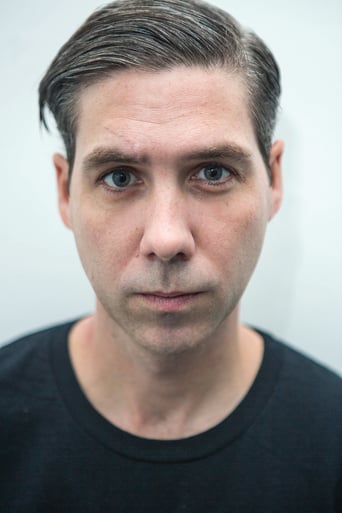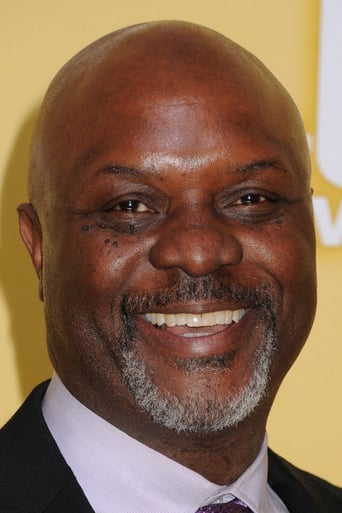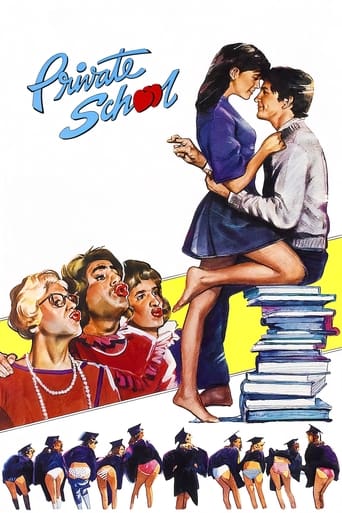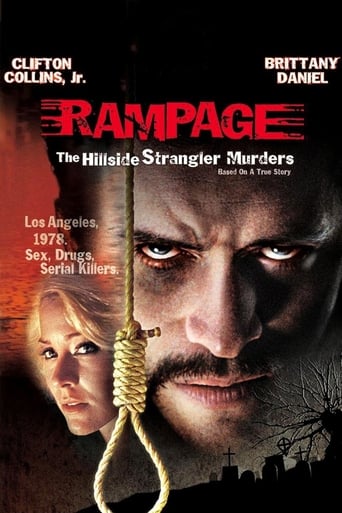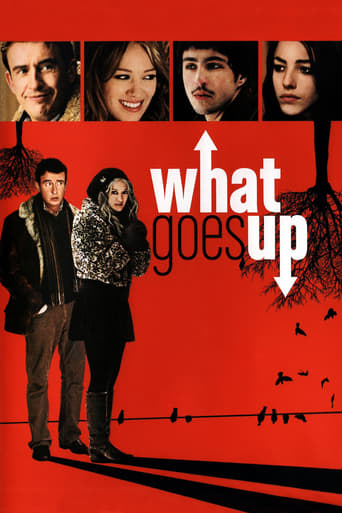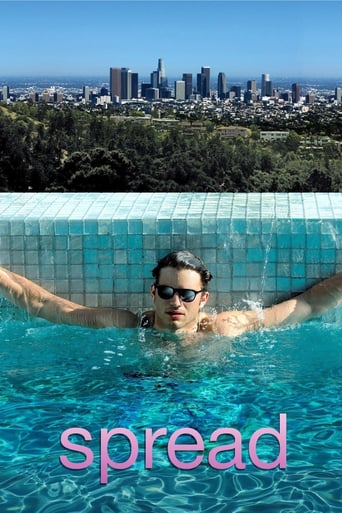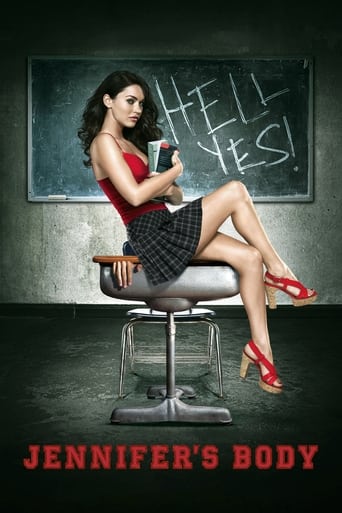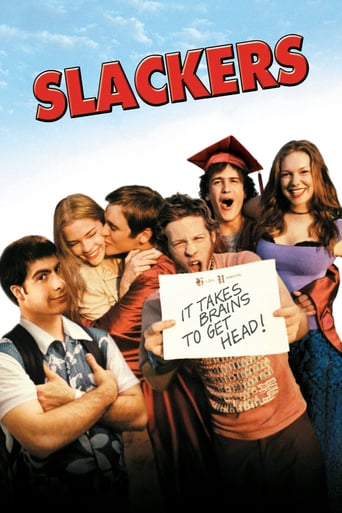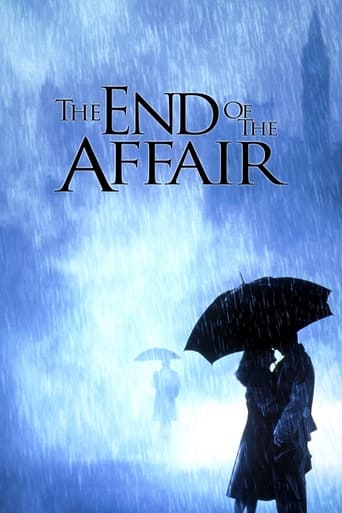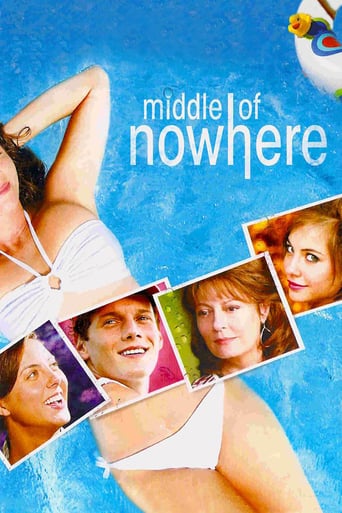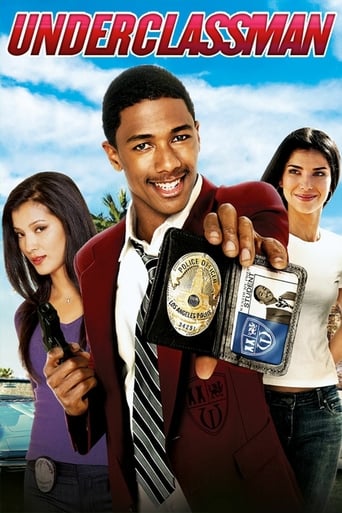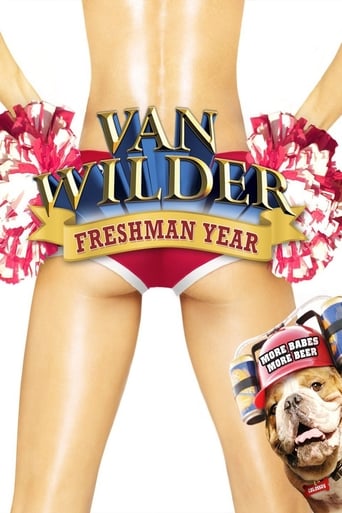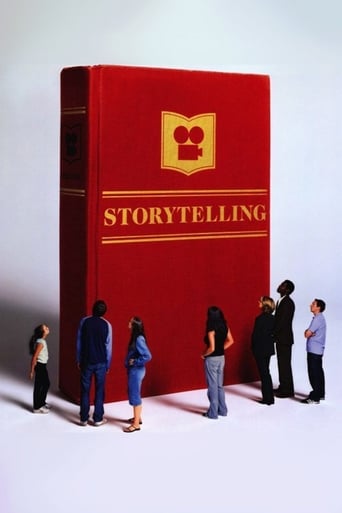
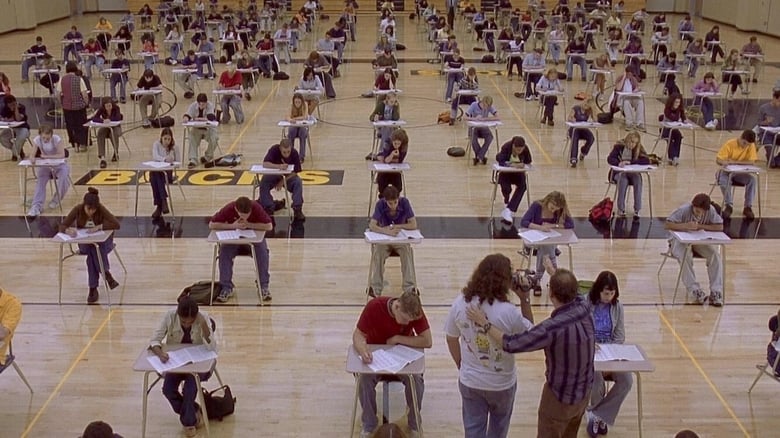
Storytelling (2001)
College and high school serve as the backdrop for two stories about dysfunction and personal turmoil.
Watch Trailer
Cast


Similar titles
Reviews
Like Woody Allen, Todd Solondz spends his time poking fun at man's foibles, whilst simultaneously wishing he weren't part of the very social fabric he condemns. It's your classic ego trap: "I'm better and above you, but worthless and wish I were with you." Solondz made "Fear, Anxiety and Depression" in 1989. He wrote and directed that film and, like Woody Allen, also cast himself as the film's neurotic hero. Like Allen's alter ego in "Annie Hall", the geeky looking Solondz spent the entire film bumbling about, venting his various dissaffections.Solondz was never happy with "Fear", however, and promptly disowned the film when his producers re-edited it behind his back. Burnt by the film industry, Solondz slipped into depression. He withdrew into isolation and became a teacher and writer. During these years his approach to art changed drastically. His screenplays became more formal, more precise, more caustic, and his visual style became cold. Ice cold.Solondz's first film when he emerged from his depression was "Welcome to the Dollhouse". Drawing upon his own unhappy school years, "Dollhouse" is about Dawn Weiner, a girl whom the universe seems to have condemned. More sinister than similar teen movies, "Dollhouse's" Dawn is so insecure she's happy to let a kid at school rape her if it means validating her own self worth. This would be rapist is himself marginalized, insecure and so reliant on sexual threats for self validation. Dawn is so filled with rage she even saws off the heads of her sister's dolls, fantasises about bashing people with a hammer and deliberately causes her sibling to be kidnapped by a local paedophile. Meanwhile, all the abuses people hurl at the geeky Dawn, Dawn hurls down at her little sister, a girl whom she unfairly despises. The result is that Dawn is shown to be capable of the same kind of brutality that she's subjected to. Social bullying is internalised, becomes self-hatred, and is then redirected violently back out at others."Dollhouse" was a cosy film compared to Solondz's next three flicks. In "Happiness" he portrays a web of characters, all of whom harbour different problems and neuroses, and all of whom are linked by their desire for absolute contentment. And so we have a paedophile who is only happy around kids, a successful writer who is only happy if she writes something of substance, a musician (who ironically writes songs of substance) who can't find success and is so discontent, an elderly couple who no longer have the will to live, a fat man who fantasises about raping women, a fat woman who is disgusted by sex and a dopey housewife who is blissfully unaware of the disturbing truths that exist beneath her sweet suburban facade. Forget "American Beauty" and "Blue Velvet". Solondz ends his film with a Norman Rockwell kid ejaculating on his front balcony. Solondz's point is almost classically psychoanalytic: Lack breeds Desire breeds Suffering. Peel away the emotional baggage and happiness is a stain that oft amounts to nothing more than a fleeting moment of biological bliss."Happiness" doesn't broadening its horizons to tackle the wider social and structural issues that better directors align to their existential musings, but it does offer more than Sam Mendes' "American Beauty". Indeed, Solondz's next film, "Storytelling", seemed designed to address those critics who pointed out the similarities between "Happiness" and "American Beauty". Mendes has himself slammed Solondz on numerous occasions, and so perhaps "Storytelling" is best viewed as a sort of intellectual assault on Solondz's critics."Storytelling" is divided into two segments, the first called "fiction" the second called "non-fiction". "Fiction" is about a creative writing student who has "sympathy sex" with a mentally disabled kid and later lets her African American teacher "rape" her. She then turns her experiences into a work of fiction which purports to be "truthfully" based on these factual encounters."Storytelling's" second segment then focuses on a documentary director who makes a documentary called "American Scooby" (a parody of "American Beauty") in which he follows a high school student around campus. The documentary director hopes to uncover the "truth" of growing up in suburbia, but in reality is merely transposing his own "deep thoughts", self-analysis and existential hang-ups onto a modern teen who is actually a dopey airhead. The end result is that film-maker and child enter a sort of exploitative relationship. The kid gets fame and is portrayed as being "deeper" than he is, while the film-maker gets prestige for nothing. End result: Solondz essentially advocates the sort of "truthful" sensationalism present in the non-fiction segment of the film, whilst aligning human delusions (love, romantic illusions, family etc) with the fictions of the second half. Other themes abound - the power games and domination/exploitatin reversals of "Dollhouse" are reworked here with subplots about a vengeful maid and a black teacher - but it's the "American Beauty" angle that's most interesting."Palindromes" is thus far the weakest of Solondz's films. The first and last words in the movie are "Mom", a pair of palindromes through which Solondz implies that "nothing ever changes". Indeed, Solondz makes the film a palindrome at every level, his Schopenhaueran point being that we are paradoxically always changing and never changing (hence different actors play the same character), every desire and addiction merely supplanting another. It's an extremely bleak film, depending how much trust the audience puts in its final monologue. This bleakness has led to critics labelling Solondz a misanthrope, but he's no more colder than both Allen and the Coens, two other contemporary critical darlings who've spent their careers reworking similar material.7.9/10 – "Welcome to the Dollhouse", "Palindromes" 8/10 – "Storytelling", "Happiness"
After re-watching Happiness for the first time in over a decade, I decided finally to catch up with Solondz's two follow-ups. Storytelling finds Solondz in a self-critical and defensive mood, taking on both his own weaknesses as a writer and his critics, who were ubiquitous after Happiness. That aspect of Storytelling didn't really work for me, because, honestly, I don't find Solondz as shallow as many critics did. His characters are sometimes grotesque, but I think he does uncover some uncomfortable truths about people with his technique. Storytelling is comprised of two parts. The first, entitled Fiction, is really a short film. Selma Blair plays a college student who is enrolled, alongside her disabled boyfriend, in a creative writing course. Their professor is a cynical, controversial and angry black novelist. After their professor gives a scathing criticism of the boyfriend's story, he and Blair break up angrily which leads Blair right into her professor's bed. It's hard to see exactly what Solondz is trying to say with this story. It's easy to say he's just trying to stir controversy and make the audience uncomfortable, at which he obviously excels. But the thing is, the uncomfortableness only arises because the emotions of the film are so precise. The second part of the film, Non-Fiction, is a little stronger. Paul Giamatti plays a documentarian who finds his ideal subject in the form of pothead Mark Webber, a high school student who has no ambition. Whatever Giamatti does with his film, it seems like he's making fun of his subject. I liked this part of the film better, because it deals with a subject that I think about often, that being the way documentaries work. There were a few bits of the film that I didn't like, but mostly I found it pretty strong. The film is bolstered by original songs by Belle & Sebastian.
At first viewing I though this was the weakest of director Todd Solondz films, however like all of his works, it's impossible to forget once seen. Todd Solondze absorbed criticisms about exploitation, showing misery for misery's sake, and just generally being a "meanie", and turned them into the cinematic equivalent of a "dis song"(rap term for song made specifically as an attack or "beef" with another rapper), with Solondz against critics, carefully trying to explain the notions of "Storytelling". Our first story deals with sex, political correctness, race, and fiction writing, as a young liberal college girl has unpleasant and ironic sexual experience with her Black writing professor. Our second well...with the same subjects just this time with non-fiction in place of fiction. Here Solondz shows us yet another dysfunctional upper middle class Jewish family in chaos, but this time as a "documentary", which shows us the pathetic film maker, the cruel or otherwise ignorant family, and the audience who laughs and scoffs, at it all. This is a rare film, because it's a film maker addressing his critiques, himself, and his audience all at once. And it has plenty of Solondz trade mark cringe scenes, that veer drastically from comic to dramatic in a matter of breaths. The results are absorbing but like all Solondz it leaves a bad taste in your mouth, and makes you honestly question your own moral compass. They say satire is dead if the audience cannot be shocked, but it's also dead if the audience cannot be shamed, in the days where South Park and Family Guy, are on non cable TV any afternoon (l love both shows), shock and shame are concepts so familiar they've lost some of their power. Thankfully just when we've seen it all and were sure that nothing matters and nothing can surprise, startle, or offend us, Todd Solondz will be there to show things can always get worse.
On movies like Happiness or Welcome to the dollhouse,Todd Solondz showed he has a lot of talent.He could mix,greatly,strong subjects with a lot of sarcasm.On Storytelling,Solondz's mistake was that he could not mix well strong subjects with sarcasm;he put excessive sarcasm and the movie looks like a mediocre comedy than a serious but sarcastic drama like Solondz's previous films.The films' two stories have a weak plot.The film has excellent actors such as John Goodman or Paul Giamatti but they cannot adapt to strange style this movie has.Storytelling is Solondz's weakest movie.If you wanna see a great film directed by Solondz,you need to watch Fear,anxiety and depression,Welcome to the dollhouse,Happiness or Palindromes(his last movie by now).



